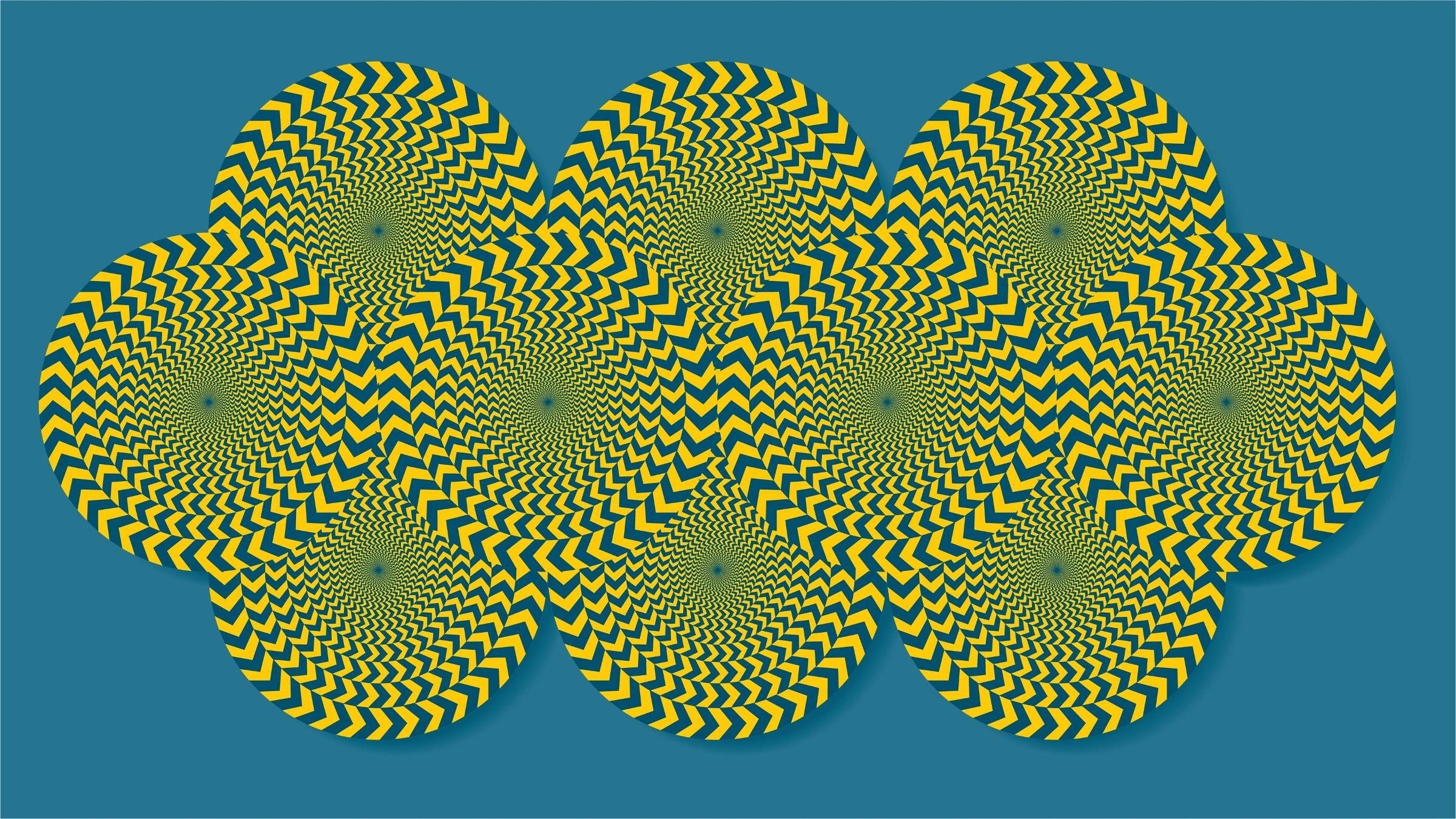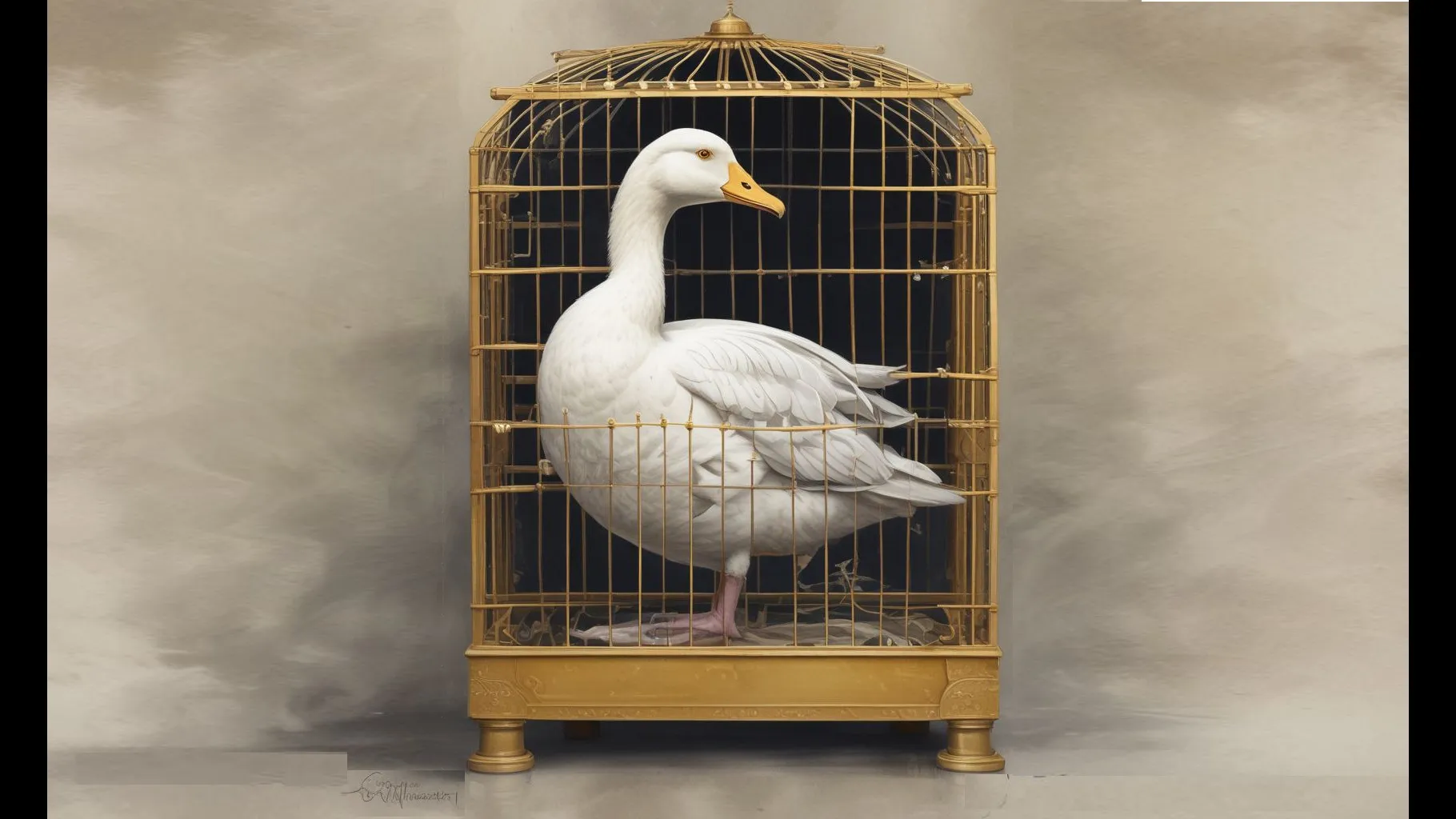
A very rare, beautiful work on the history of computing is now available (see Fig. 1).
Franco Soresini: Storia del calcolo automatico, Confederazione generale dell’industria italiana, Rome 1977.
It includes three volumes:
- Volume primo: Calcolo numerico meccanico, x, 178 pages,
- Volume secondo: Dalla meccanografia all’informatica, ix, 276 pages,
- Volume terzo: Calcolo analogico e cibernetica, ix, 212 pages.

Credit: Edizioni dell’Ateneo & Bizzarri, 1977
The first edition was „riservata alla Confederazione generale dell’industria italiana,” i.e. „fuori commercio.” It was not available in bookstores and also hard to obtain in international interlibrary loan. You can now download it via: Storia del calcolo automatico : Confederazione Generale dell’Industria Italiana : Free Download, Borrow, and Streaming : Internet Archive.
The work is an extremely instructive, rich history of calculating technology. It also includes the analog world and automata, and is written in Italian. Unfortunately, the quality of the many black-and-white illustrations is often poor, and in general references and sources are missing. There is no bibliography, there is no index.
The first impression is good. How reliable the book is can only be determined after a thorough reading.
A few shortcomings that I noticed:
- „Addizionatrice di Antonius Braun, del 1727, conservata allo Science Museum di Londra e dellaquale non si hanno particolari notizie.” However, this machine is located in the Kunsthistorisches Museum Wien (volume 1, page 61).
- „La «Curta», realizzata dalla casa svizzera Contina, rappresenta una minisoluzione del problema della calcolatrice tascabile.” The Curta was manufactured in Liechtenstein (volume 1, page 93).
- „Zuse partì in vagone merci speciale con la sua «V4» per Allgäu, dove la macchina trovò rifugio provvisorio in un granaio di Hofenau.” The correct name is Hopferau (volume 2, page 66).
- „Il piccolo scrivano di Neuchatel. di Faquet-Droz capace di eseguire azioni complicate.” It should read Jaquet-Droz (volume 3, page 198).
Some errors are probably due to poor character recognition.
Herbert Bruderer is a retired lecturer in didactics of computer science at ETH Zurich. More recently, he has been an historian of technology. bruderer@retired.ethz.ch, herbert.bruderer@bluewin.



Join the Discussion (0)
Become a Member or Sign In to Post a Comment